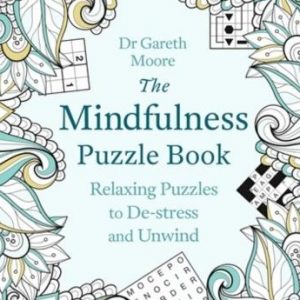The first step to healing from trauma is to move on from an unpleasant experience. Although trauma can have a profound impact on our perception of the world, it is only one aspect of our lives. A trauma survivor will share 13 ways to heal from trauma based upon their own experiences.
There are many ways to begin healing from trauma
1. Recognize that you have a need for support
Trauma can be difficult to handle. Trauma survivors experience a similar process to those who go through stages of grief. At first, they try to deny the trauma occurred or admit that they were affected by it. They eventually act strong and capable of handling anything. Slowly, however, you fall into depression, anxiety, or survival mode. You will eventually reach acceptance. However, it is difficult to accept that you are still in need of help. It is difficult to admit that trauma occurred and is still affecting you. This step is essential in order to overcome obstacles such as nightmares, poor sleep, hypervigilance, and other problems.
2. Get professional assistance
Only when you ask yourself “Do I have PTSD?” as well as admitting that you might need help, can you start healing from trauma. We often try to solve our problems ourselves. It can be difficult to recognize what is our fault or what isn’t when we are so close to trauma. We end up caught in a web of emotions that we can’t get out. The symptoms of trauma begin to manifest quickly, including nightmares, panic attacks and being in survival mode. Lucid dreaming, hypervigilance and other terrible symptoms. These symptoms are becoming more frequent and we realize that we can’t solve trauma ourselves. This is a great time to find a therapist that specializes in trauma. You might see a veteran PTSD therapist or a counsellor for sexual assault PTSD. Another option is to meet with a therapist who specializes in family and trauma. To help you overcome trauma, you will be offered a therapy program that is tailored to your needs.
3. Join a support group
For those who have suffered trauma, a support group can help. Talking with others who have had similar experiences can help you to understand them. It’s possible to learn grounding and coping techniques that people use to calm down when life gets overwhelming. People who have experienced trauma often follow similar stages and patterns. You can get an idea of the potential outcomes by talking to others who have gone through this process. Sometimes you might meet people who have taken wrong turns and become addicted. This will make you more aware of the impact that addiction can have on your recovery from trauma. It will also help you find healthier solutions. Your support group can also be a great help in your healing journey. You should find a support group that can lift you up and help you to deal with your emotional pain constructively.
4. Exercise
It’s common to exercise after trauma. Our bodies are naturally triggered by anger and strong emotions, so we need to get rid of the stress. Running is a form of therapy for survivors of trauma. Running is like therapy for trauma survivors. You go outside, take stock of your situation and try to solve it. At the same time, you do exactly what fight or flight calls for. Although you can’t fight trauma alone emotionally, running or martial arts give you the opportunity to practice flight or fight. The brain benefits of exercise are numerous. The brain is where trauma happens most often. Our brains are overloaded after trauma. This can lead to PTSD nightmares and overthinking. Exercise can be used to balance the negative effects of trauma.
5. Meditate
You can use guided meditations to help with PTSD. Trauma can cause you to ruminate. You will feel stuck if you try to deal with trauma alone. Meditation is not meant to allow us to think alone or to heal our traumas by ourselves. Meditation can help you to recognize the thoughts that keep popping up. Write them down. You’ll likely meet with a therapist to identify patterns in your thinking process and help you determine what needs to change. Many PTSD survivors have dreams and thoughts about losing control. To heal from trauma, it is important to regain control of your thoughts.










